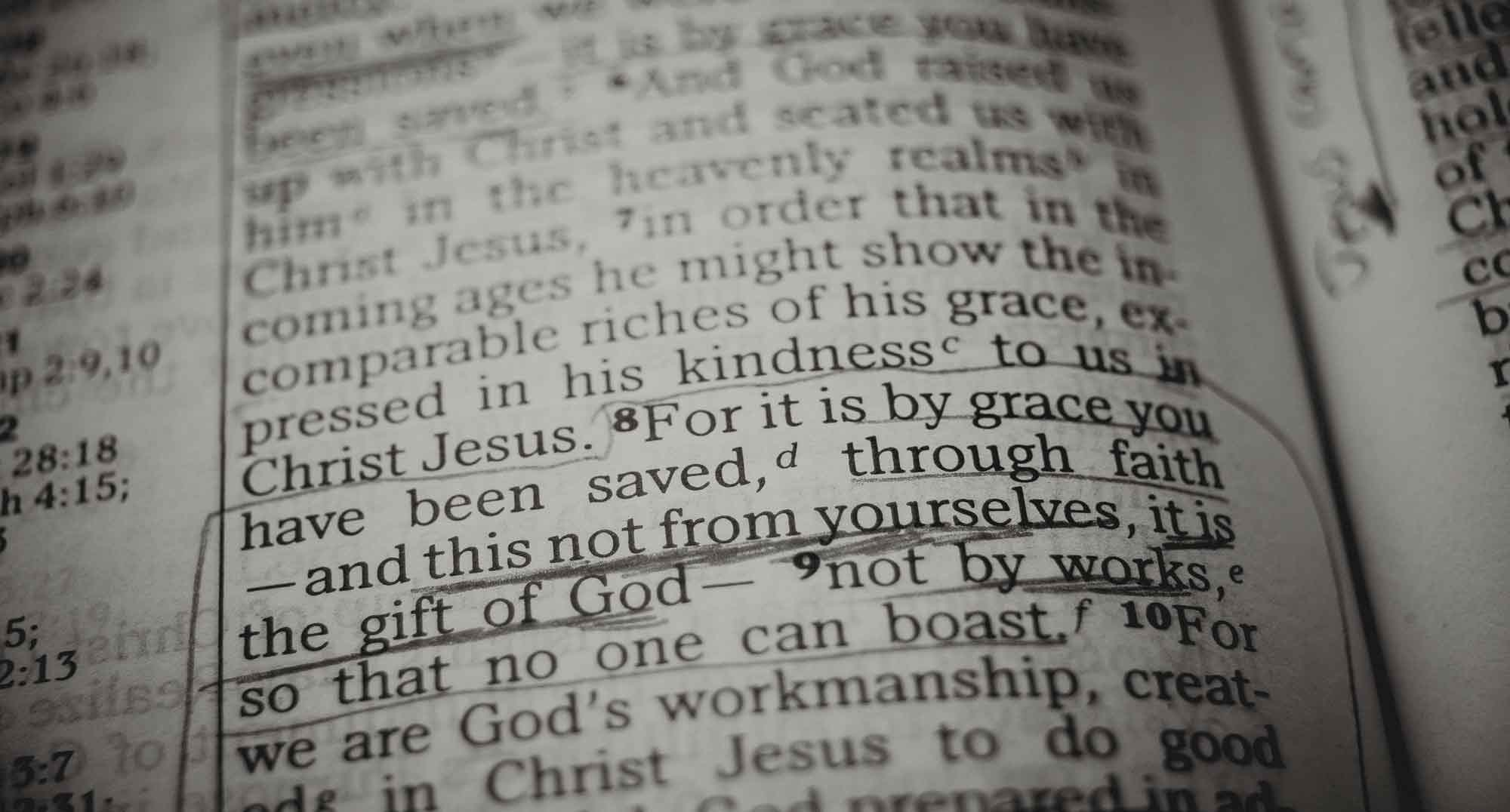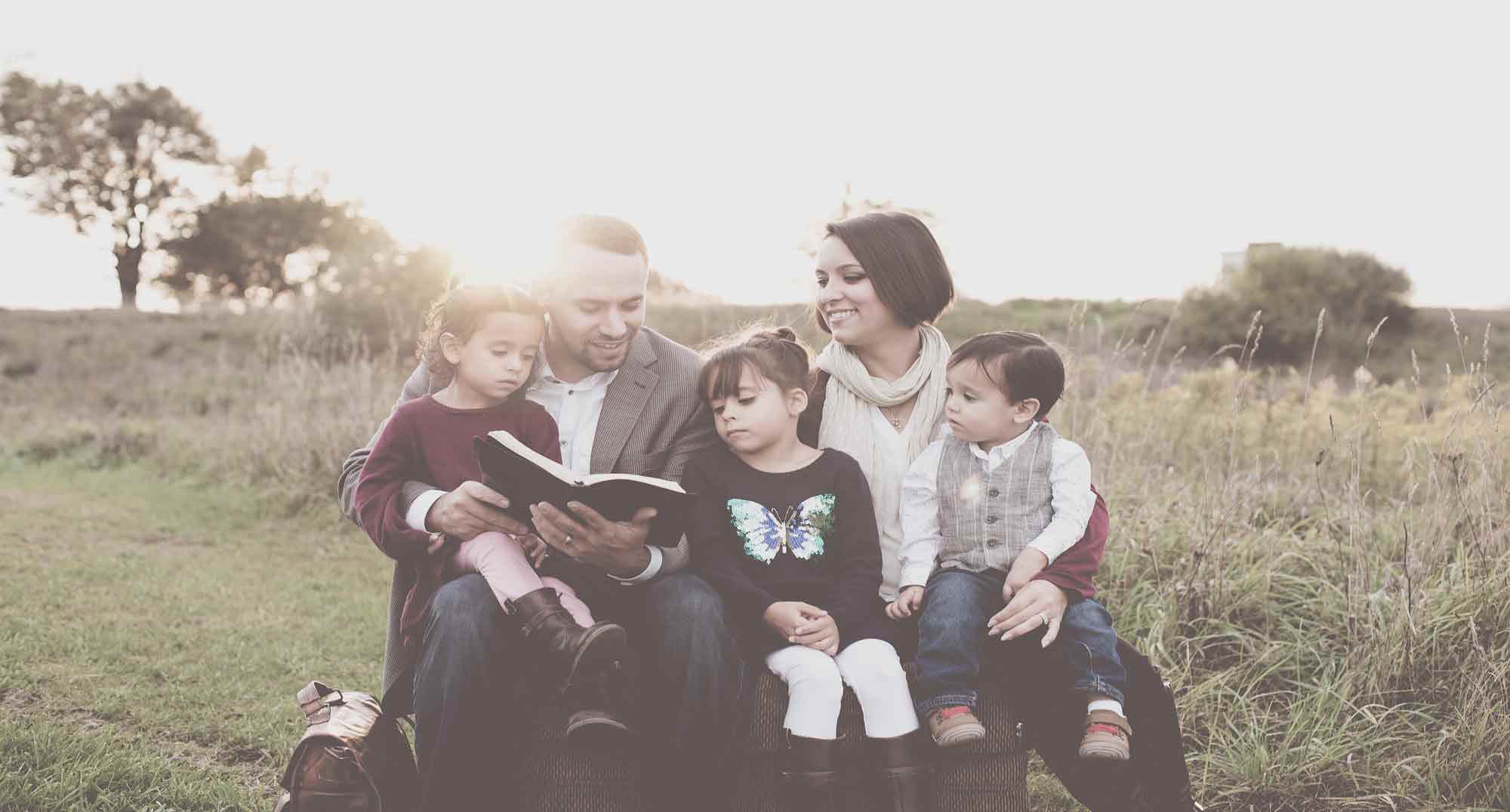The Freedom of Union With Christ
My grandparents remember exactly what they were doing when they received news of the bombing of Pearl Harbor. My parents have similarly sharp memories concerning the assassination of JFK. I still clearly remember where I was and what I was doing when I saw the footage of the Twin Towers collapsing. Our complex and beautiful brains have a way of remembering both the shocking and the deeply significant moments that shape our lives. Likewise, I will never forget the day that the theological concept of union with Christ trickled that long eighteen inches from my head to my heart. I remember the exact table at the coffee shop at which I was sitting. I remember the old, tattered book that God used to cement the concept in my soul. I remember that moment because it colored the way I experienced every moment after it! Having come to Christ from an unchurched background, I threw myself headfirst into the Christian life. My husband and I had been in full-time vocational ministry for many years and were in the early years of parenting two under two. On the surface, things were going well, but my soul hit a wall. I was tired and my faith, once vibrant, felt anemic. I was doing all the same things, but my heart felt simultaneously weary and restless. What was I missing? Sitting at a local coffee shop, I prayed that the Lord would restore unto me the joy of my salvation and grant me a willing heart to sustain me (Psalm 51:12). Then God used a little-known book, Bone of His Bone by F.J. Huegel, to open my eyes to the freedom and wonder of union with Christ. What Union with Christ Is Paul describes the mysterious wonder that is union with Christ when writing to the church at Colossae using the phrase, “Christ in you, the hope of glory” (Colossians 1:27). In his letter to the Galatian Church, he speaks further on this incredible reality....










